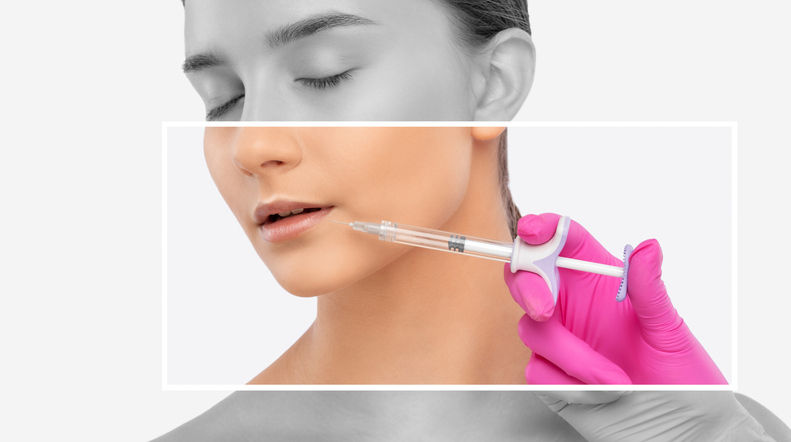Here’s a breakdown of what we learned and how it impacts the industry.
Recently, the Therapeutic Goods Administration (TGA) hosted a webinar shedding light on their updated guidelines regarding the advertising of injectables.
The TGA lightly distinguished between promotional and informational content. While advertising injectables, they highlighted that the focus should be on providing information rather than promoting prescription-based medication.
This includes communicating the benefits of treatments without resorting to promotional language that “could potentially mislead or coerce patients”.
Interestingly, the TGA clarified that while they do not regulate the advertisement of health services, advertising injectables may fall under the purview of both the TGA and the Australian Health Practitioner Regulation Agency (Ahpra). They also stated that the TGA cannot provide independent advice.
A summary of commonly asked questions
- The TGA webinar emphasised the importance of distinguishing between promotional and informational content when advertising injectables.
- Practitioners should focus on providing information rather than promoting products, using neutral language to communicate benefits and risks transparently.
- While the TGA does not regulate health service advertisements, advertising injectables may fall under the purview of both the TGA and AHPRA.
- Specific prescription-based products can be mentioned in private consultations, but businesses must avoid explicitly referencing prescription-based medicines in their advertising.
- Practitioners may conduct phone consultations, but questions on compliance must be sought out with AHPRA regulations, as the TGA could not confirm details.
- Brochures can still be distributed during 1:1 consultations to provide patients with educational resources, including pricing and product information.
- Rejuran can be promoted within regulatory guidelines as it is class III product, not listed in schedule 4.
- Previous marketing material (including social media posts) that does not comply with the new guidelines must be archived or altered (if possible) to reflect current guidelines.
One key takeaway is the emphasis on using neutral language when discussing injectables. This means steering clear of exaggerated claims and instead focusing on transparently communicating both the risks and benefits associated with treatments.
What terms can you use when it comes to advertising services?
The TGA listed examples of advertising services for aesthetic businesses, which included:
- “During this consultation we will discuss any concerns you might have wit h the appearance of your skin”, as this is suggested to not focus on a particular product.
- “If you would like to talk to a health professional about your wrinkles, our qualified health professionals can help”.
- “We consider the suitable options that may address concerns about your facial fat”.
Before & after photos
The TGA stated with before & after images: “if it is apparent to the consumer that the ‘after’ photo is due to the administration of a prescription-only substance, this is likely to amount as an advertisement which would contravene the act”.
Business names
The TGA also mentioned that businesses must also not be promoting prescription-only substances in their business name, including if it indicates or suggests that treatments are to be using a prescription-only substance, in which these business names must be reconsidered as this would be against the Act.
Booking systems & pricing
If a booking system that anyone can access promotes the availability of a specific prescription medication or substance, it likely counts as advertising for that product. Businesses can instead refine and remove prices from booking systems that are publicly facing (for those that have not had a consultation).
If the patient can select their own service based on the use of prescription-only products, this will contravene the act, as stated by the TGA.
What about platelet-rich plasma (PRP) and platelet-rich fibrin (PRF)?
Further information on PRP/PRF services were published back in 2019 but were also included in the webinar, which can be found here.
Interestingly, the TGA mentioned that one of the reasons for these new, stricter guidelines is their observation of an increased number of adverse events and an increase in the import of illegal substances used in cosmetic injectables. Another aspect is that the guidelines need to be standardised across the board of all prescription medicines, which includes other sectors such as medicinal cannabis, vaping products etc.
There will be more resources, including their presentation from the webinar, made available on the TGA website in the coming weeks.
Read the latest issue of SPA+CLINIC below:
There are 5 ways you can catch up with SPA+CLINIC
- Our quarterly print magazine, delivered to your door. Subscribe here.
- Our website, which is updated daily with its own completely unique content and breaking news.
- Our weekly newsletter – free to your inbox! Subscribe here.
- Our digital magazine – click here to view previous issues.
- Our social media – see daily updates on our Instagram, Facebook & Linkedin




